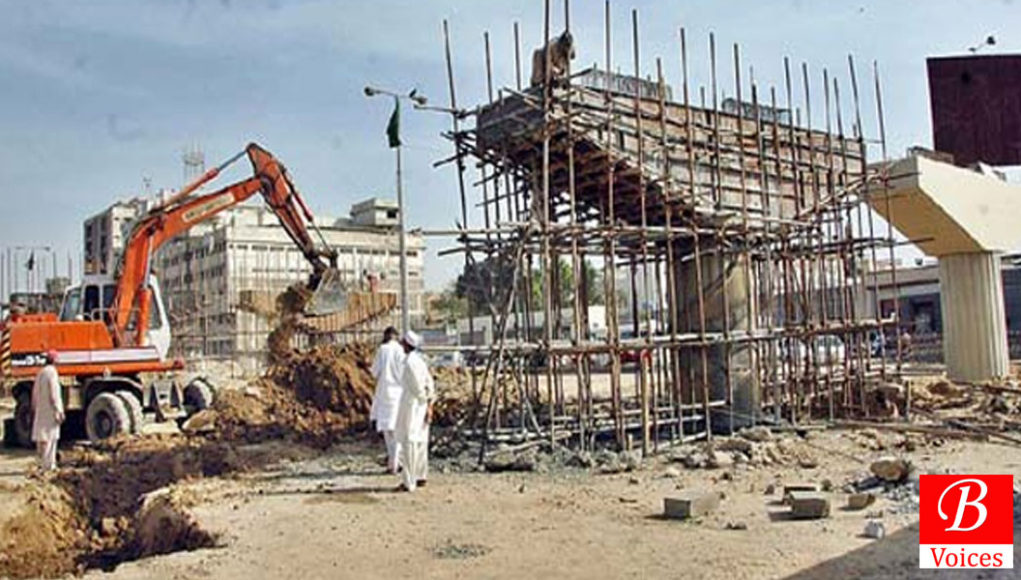 Nizam Rahim Baloch
Nizam Rahim Baloch
With the emergence of nation-states and especially after world war two, the dynamics of national, regional and global socio-economic and political discourses have changed. Pakistan, a federation made up of many units has been confronting with multiple challenges including nationalist tendencies based on ethnic identity in Balochistan. Aggrandizing financial pressures, growing economic disparities and a sense of deprivation in the less developed regions, particularly in Balochistan, have created serious menaces to Pakistan`s internal security and stability. Additionally, poor law and order situation in Balochistan has a negative impact on development and security in the province as well as in the country and region.
Balochistan lies at the cultural and geographical center of South Asia, Central Asia and the Middle East, which makes it an ideal position for inter-regional trade and transport. It is located on the Northern side of the Strait of Hormuz, which is the entry point into the Persian Gulf which is one of the most significant passes in the world. However, it is an bitter truth that Balochistan`s incredible geographical importance with pervasive natural resources offers opportunities as well as challenges. The people of the province hardly receive any benefit from these resources and there are vivid and serious obsessions about the modus operandi of mega projects such as Gwadar sea port.
Balochistan conundrum is not of today and the geneses of this imbroglio are deeply rooted in history. The cardinal debate of Balochistan conflict is its underdevelopment issue. Now the burning question is why a province with abundant resources, undeniable geo-strategic location with least population is so underdeveloped? In order to sort out the answers, it would be wise to understand various aspects and factors of this issue.
Firstly, the political factors, Political culture of Pakistan is the testimony of disempowerment. It is a narrow political culture and policies are carried out by small elite, be it political, military or bureaucracy. More importantly, the political culture in Balochistan is fragile due to the preponderance of tribalism, not in entire province, strong clergy and the establishment. Moreover, center-province relation has augmented the intensity of backwardness since day one. The demand for provincial autonomy, share in NFC award, ratio of seats in legislative bodies, Federal vacancies, the royalty of the provincial assets and burgeoning centralization are some of the macro precedents of disagreements. Although, 18th amendment has considered as a landmark in empowering the units, the fruits have not reached to the people of Balochistan yet. According to the renowned political analyst Zafrullah Khan “military and democratic regimes in Pakistan have been imposing an authoritative version of federalism on Balochistan instead of relying on cooperative federalism”.
Poor governance in Balochistan has always added fuel to the fire. Absence of rule of law, politicized administrative structure, least voter-turnout and very importantly low tax paying ratio are the reasons behind poor governance.
Secondly, economic factors, Pakistan`s economic system is based on inherent discrimination. Politics in Balochistan impacted economy of Balochistan and the repercussions are in front of us in the shape of continued underdevelopment. Millions are spent by the government in media to depict a picture of development in the province but the situation is being deteriorated because merely a good gesture or a media campaign is not adequate rather it needs practical initiatives to address the genuine issues. Around 58% people in Balochistan live under poverty line and 92% of Balochistan`s districts are categorized as most deprived areas as compared to 50% in Sindh and 29% in Punjab. In 2009 the government of PPP granted Balochistan package but it proved as peanuts to diminish the grievances. The current coalition government of N-League with two nationalist parties enhanced the budget for education and health but again they have disappointed the masses. However, the law and order situation in Quetta and some other areas has been improved. In terms of Human Development Index (HDI) Balochistan is the most backward federating unit of Pakistan but the 65 members of provincial assembly have set records of becoming billionaires compared to other provinces.
Lastly, the social and cultural factors, the societal structure in Balochistan are mainly based on ethnicity. Baloch and Pashtuns are the largest ethnic groups with many other sub-ethnic fictions. Hazara community mostly lives in Quetta faces a catastrophic threat from sectarian outfits and the Hazara genocide is continued for decades. The issue of Afghan refugees in Balochistan also created another debate about the future of Balochistan.
So, the political, economic and socio-cultural factors play a decisive part in Balochistan conundrum. A dormant civil society does exist in the province but is unable to play a role due to limitations. For Baloch concerns, little media attention at national level is another source of mistrust and hatred against the other provinces in general and Punjab in particular. It needs a pragmatic approach to resolve Balochistan imbroglio and unless the main actors; Baloch separatists and military establishment are the part of any settlement, there won’t be any positive outcome.
Writer is a Freelance writer and a student of Political science at GC University Lahore
Share your comments!








